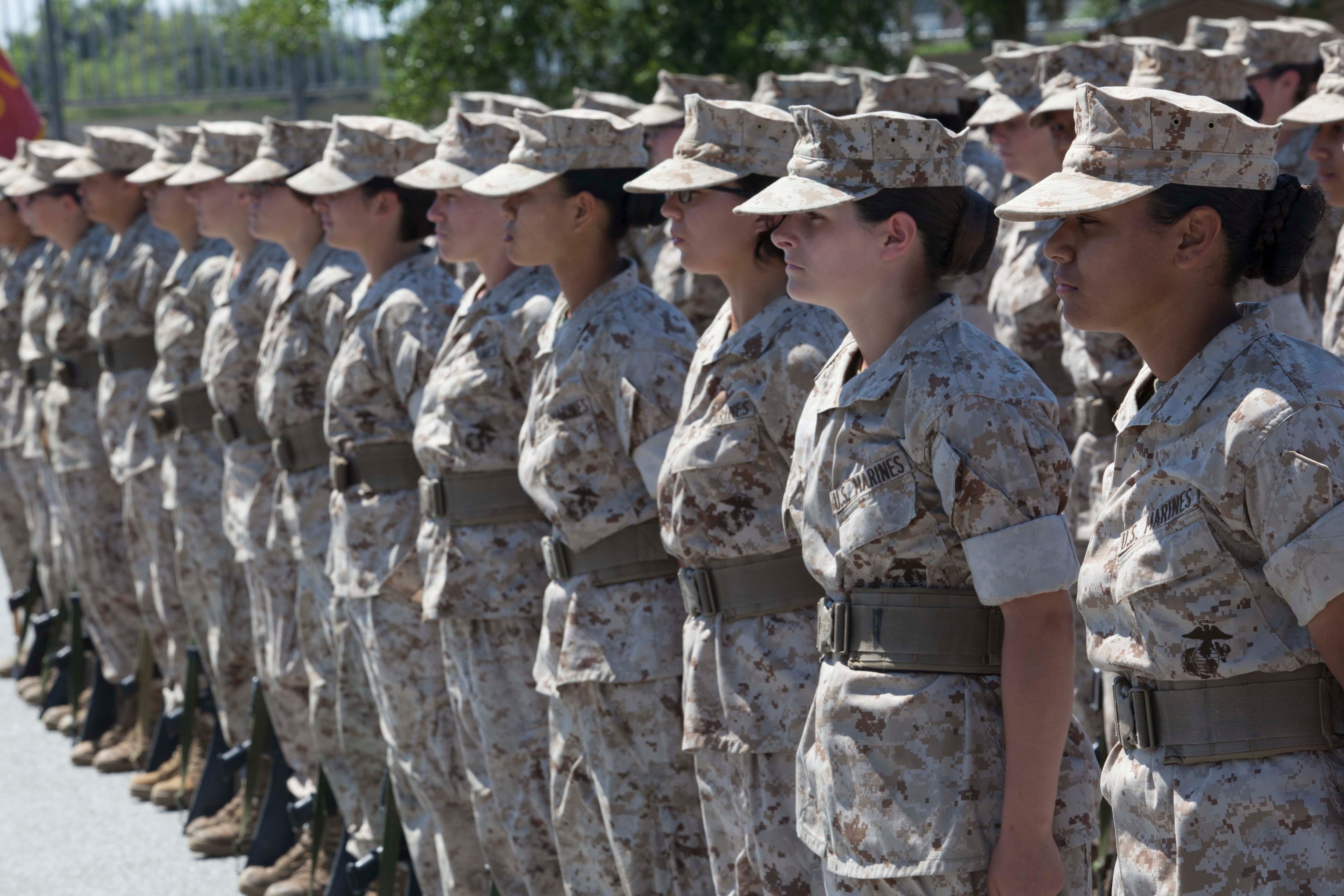Fair fitness standards, less online training, more educational opportunities and a better balance of work and family life. Those hot button issues for sailors and Marines are now at the forefront of a new campaign by the Navy's top civilian to boost quality of life and recruit more women into the ranks.
Navy Secretary Ray Mabus is set to unveil a host of far-reaching initiatives and policy changes Wednesday, aimed at improving quality of life and careers for sailors and Marines, many which came directly from the deckplates, a senior Navy official has confirmed to Navy Times.
Mabus plans to to ease body fat restrictions, boost career flexibility, andAmong them are updates to the Navy's physical fitness assessment, advancement system and career intermission program, as well as a push to recruit more women in the Navy and Marine Corps, while opening up the last billets that remain closed to them.
The initiatives have been in the works for some time. Mabus has publicly voiced support for increasing the number of women and the jobs open to them, while Chief of Naval Personnel Vice Adm. Bill Moran's office has been collecting fleet feedback on everything from revamping Navy Knowledge Online and the PFA to beefing up education and civilian training opportunities. Mabus is also expected to highlight recent moves to accelerate promotions for top performing corporals.
All of the initiatives are on a timeline to be completed from as early as this year for many of them, up to 2018 for some of the fitness updates.
Rethinking body fat
The Chief of Naval Personnel's Office has been working since late last year on an overhaul to the twice-yearly body composition assessment for sailors.
It's too early to tell whether the service will abandon the much maligned tape test all together, but leadership is taking a close look at how to measure sailors' health and help them improve it where necessary.
With an eye toward the Defense Department's more lenient body fat standards than the Navy's, officials are looking at increasing the body fat limits threshold for being able to take the physical readiness test portion of the PFA.
That would mean that sailors who are over the Navy's body fat limit would still be able to take their PRT, as long as they're within DoD standards.
"We'd like to decouple BCA from the pass/fail of PFA," the official said, making the body fat test more about health.
From there, the official said, medical professionals could address body fat issues non-punitively.
The initiative would also institute re would also be non-punitive spot checks in between PFA tests, to give sailors and their commands an idea of how they're taking care of themselves in between testing periods, where three failures in four years will get a sailor booted.
The Navy wants to "break the idea that the PFA is about a two-times-a-year test," said the official, who wasn't authorized to speak publicly before the SECNAV's speech.
Recruiting and retaining women
Mabus has dedicated a big part of his tenure as secretary to integrating women into the fleet, from whether it's opening once closed billets to oroutfitting men and women in the same styles of uniforms. doing away with different styles of uniform for men and women.
He wants to take that a step further, the official said, by opening the last remaining closed billets and increasing recruiting of women number to 25 percent, up from the current 18 percent figure for the Navy and about 5 percent for the Marines.
"When you look at the number of [female] graduates from high school, number of graduated from college, from [science, technology, engineering and math], they far surpass what we see in the Navy and Marine Corps," the official said.

Navy Secretary Ray Mabus wants to open the last closed billets in the Navy and Marine Corps to women and increase the recruiting of women to 25 percent.
Photo Credit: Pvt. Crystal N. Curtis/Marine Corps
To help the Navy Department better reflect American society, the services are looking at not only increasing recruitment of women, but in making recruits aware of all of the jobs they can do in the Navy and Marine Corps.
"What we're doing now is, people come in the door and maybe they don't know that those tech opportunities exist," the official said. "Maybe they don't know that they're qualified for those technical opportunities."
If a female recruit wants to be yeoman, he said, the Navy will give them that job without many questions asked.
The new approach, however, would be to make sure that recruit knows she is also qualified to work as a missile technician, for instance.
A slew of other initiatives are aimed at retaining women, including increased maternity leave, longer child-care hours, an updated co-location policy for dual military couples and opportunities like the career intermission program, which allows sailors to take time off to pursue educational or other personal goals.
The secretary is also set to talk about updates to officer and enlisted advancements, bonuses, the command advancement program and a revamp of the general military training system.
For SECNAV's full remarks, tune in at TKTKlink Wednesday at 10 a.m. Eastern time.
Meghann Myers is the Pentagon bureau chief at Military Times. She covers operations, policy, personnel, leadership and other issues affecting service members.





